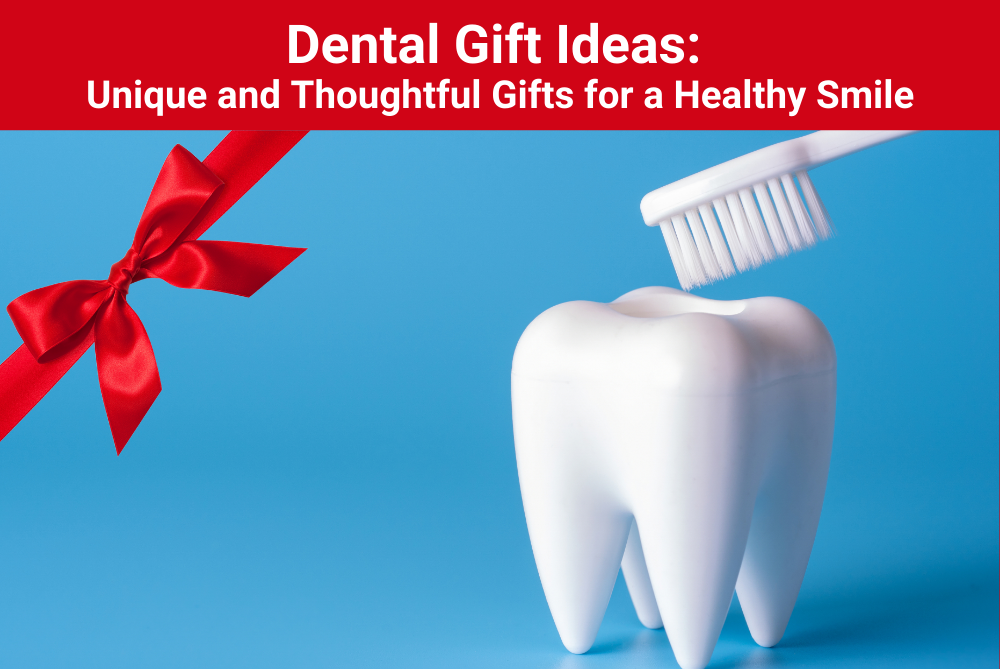Everything You Need To Know About Dental Implants
 Dental implants have revolutionized the field of restorative dentistry, offering a durable and aesthetically pleasing solution for missing teeth. Whether you’ve lost a tooth due to injury, decay, or other reasons, dental implants can restore your smile and enhance your oral health. In this comprehensive guide, we’ll explore everything you need to know about dental implants, from the basics to the benefits, and what you can expect during the procedure.
Dental implants have revolutionized the field of restorative dentistry, offering a durable and aesthetically pleasing solution for missing teeth. Whether you’ve lost a tooth due to injury, decay, or other reasons, dental implants can restore your smile and enhance your oral health. In this comprehensive guide, we’ll explore everything you need to know about dental implants, from the basics to the benefits, and what you can expect during the procedure.
What Are Dental Implants?
Dental implants are artificial tooth roots made of biocompatible materials, typically titanium, that are surgically inserted into the jawbone. These implants provide a strong foundation for fixed or removable replacement teeth designed to match your natural teeth. Over time, the implant fuses with the bone in a process called osseointegration, creating a stable and permanent base for the new tooth.
Types of Dental Implants
There are several types of dental implants, each suited for different situations:
- Endosteal Implants: The most common type, these implants are placed directly into the jawbone. They typically hold one or more prosthetic teeth.
- Subperiosteal Implants: These are placed under the gum but on, or above, the jawbone. They are often used for patients who do not have enough healthy jawbone and cannot undergo a bone augmentation procedure.
- Zygomatic Implants: These are less common and are used when the patient does not have enough jawbone for the endosteal implant. The implant is placed in the cheekbone (zygomatic bone) rather than the jawbone.
The Dental Implant Procedure
The dental implant process generally involves several steps and can take a few months to complete due to the healing time required between each phase.
- Initial Consultation: Your dentist will evaluate your oral health, take X-rays, and develop a personalized treatment plan. This is a good time to discuss any concerns and ask questions.
- Tooth Extraction: If the damaged tooth is still in place, it will need to be removed.
- Bone Grafting (if needed): If your jawbone is not thick enough or is too soft, a bone graft may be necessary. This step ensures a solid base for the implant.
- Implant Placement: The dental implant is surgically placed into the jawbone. After this procedure, you may need to wait several months for the implant to integrate with the bone.
- Abutment Placement: Once the implant has fused with the jawbone, an abutment is placed. This is a small connector that will hold the new tooth.
- Artificial Tooth Placement: Finally, a custom-made crown, bridge, or denture is attached to the abutment, completing the restoration.
Benefits of Dental Implants
Dental implants offer numerous advantages over other tooth replacement options:
- Natural Look and Feel: Implants look, feel, and function like natural teeth, providing a more natural appearance compared to dentures or bridges.
- Durability: With proper care, dental implants can last a lifetime, making them a cost-effective long-term solution.
- Improved Oral Health: Implants help preserve the jawbone and prevent bone loss, which can occur with missing teeth. They also do not require altering adjacent teeth, unlike bridges.
- Enhanced Comfort and Convenience: Implants eliminate the discomfort and inconvenience of removable dentures, offering a permanent solution that feels more secure and comfortable.
- Better Speech and Eating: Unlike dentures, which can slip and cause difficulty speaking and chewing, implants stay firmly in place, allowing you to speak and eat with confidence.
Caring for Your Dental Implants
Maintaining your dental implants is similar to caring for your natural teeth. Here are some tips to ensure their longevity:
- Practice Good Oral Hygiene: Brush at least twice a day, floss daily, and use an antimicrobial mouthwash.
- Regular Dental Check-Ups: Visit your dentist regularly for cleanings and check-ups to monitor the condition of your implants.
- Avoid Hard Foods: Avoid chewing on hard items such as ice and hard candies, which can damage the implants.
- Quit Smoking: Smoking can weaken the bone structure and lead to implant failure.
Is Dental Implant Surgery Right for You?
Most adults with missing teeth are good candidates for dental implants, but certain factors can influence eligibility:
- Healthy Gums and Sufficient Bone: Adequate bone density and healthy gums are crucial for the success of the implant.
- Good Oral Hygiene: Commitment to maintaining good oral hygiene and regular dental visits is essential.
- Non-smoker: Smoking can significantly reduce the success rate of dental implants.
Your dentist will evaluate your specific situation and discuss the best options for your needs.
Conclusion
Dental implants are a reliable, long-lasting solution for missing teeth, offering numerous benefits that improve both oral health and quality of life. If you’re considering dental implants, schedule a consultation with your dentist to explore your options and start your journey toward a restored confident smile.
For more information or to schedule an appointment, contact Gilliam Dentistry today. Our experienced team is here to help you achieve optimal oral health and a beautiful smile.
The post Everything You Need To Know About Dental Implants appeared first on Gilliam Dentistry.




